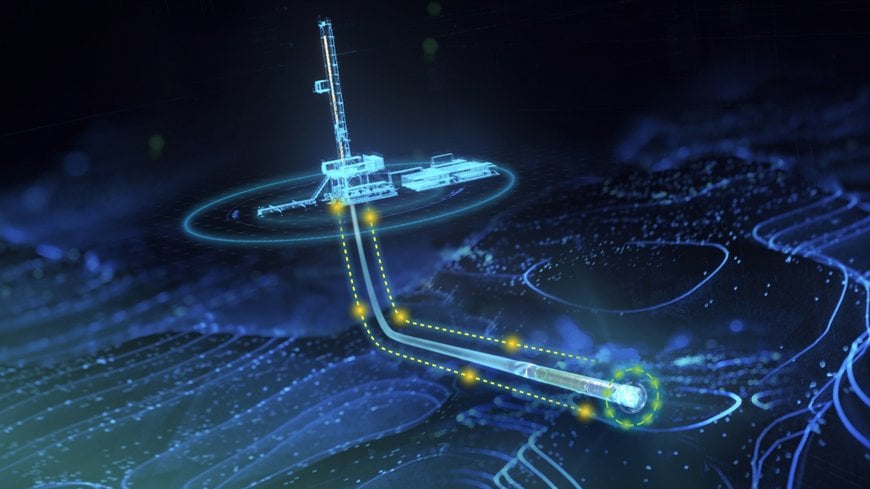www.ptreview.co.uk
18
'21
Written on Modified on
Schlumberger Introduces Autonomous Directional Drilling
Downhole automation drives new levels of well construction performance while reducing emissions.

Schlumberger announced today the introduction of Autonomous Directional Drilling, which includes solutions to steer autonomously through any section of the wellbore. Leveraging an intelligent and dynamic downhole automated control system that instantly interprets and acts on data, Schlumberger continues to advance its digital offering enhancing well construction performance.
“Autonomous Directional Drilling is a significant leap forward for the industry digital transformation, helping our customers achieve new levels of well construction efficiency, consistency and sustainability,” said Jesus Lamas, president, Well Construction, Schlumberger. “Our autonomous vision continues to evolve, with the latest technological innovations enabling a self-steering bottomhole assembly (BHA) capable of drilling through any well section. As one of the four pillars of Autonomous Directional Drilling, downhole automation capabilities drive steering adjustments as conditions are encountered to significantly increase rates of penetration (ROP) and improve borehole quality, which leads to greater production potential and emissions reduction.”
Schlumberger Autonomous Directional Drilling solutions are built upon four distinct pillars: intelligent planning, intelligent execution, surface automation, and downhole automation. To achieve downhole automation, Schlumberger has introduced a downhole automated control system—an advanced and intelligent closed-loop control unit— that acquires, interprets and acts upon data to drill better wells, faster. The system performs corrections immediately. This ensures drilling trajectory accuracy and removes data-to-surface delays to improve decision latency—resulting in greater overall directional drilling efficiency. Current Autonomous Directional Drilling applications include auto-vertical, auto-tangent, and auto-curve.
In the Middle East, an operator used Schlumberger’s Autonomous Directional Drilling to drill curves on four wells. The combined solution enabled the operator to reduce downlinks to the rotary steerable system by 49% as compared to offset wells drilled in manual mode, while achieving a 37% increase in ROP. In the Permian Basin, an operator used a similar solution to autonomously drill the curve and lateral sections for seven wells. The operator reduced downlinks by 42% for all curve sections, while increasing ROP by 39%.
For more information about Autonomous Directional Drilling, visit www.slb.com/ADD.
www.slb.com

